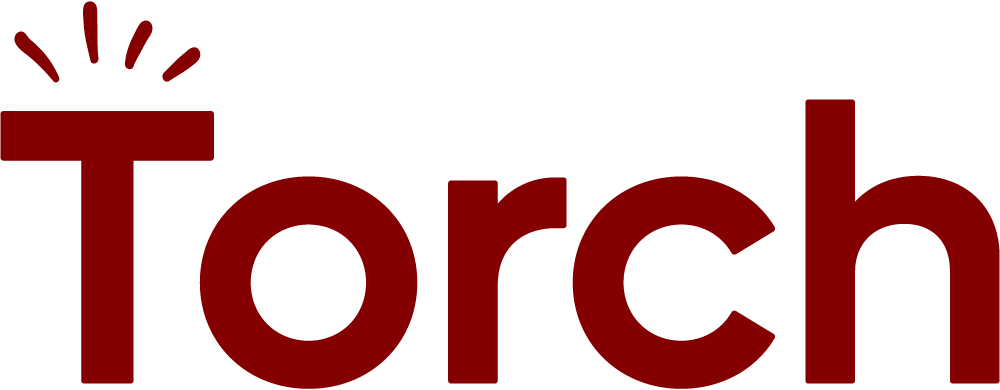Economic uncertainty comes with a lot of questions. How bad will it get? How long will it last? What impact will it have on my organization?
While no one knows the exact answers to these questions, we do know that certain skills are helpful to individuals and organizations in leading through uncertainty and change. And we also know that investing in your people with the support of expert advice (like coaches and mentors) is how you make it through change, uncertainty, crisis, and even downturn successfully.
But not all investments are created equal. Giving your people access to trusted advisors, like coaches, can help you drive the impacts you want. These relationships are key to bolstering resilience, agility, and clear decision-making in your organization. Here’s how, and why, they can position your organization to emerge even stronger:
Resilient leaders are a requirement
Your top leaders power your organization’s growth both during and after an economic downturn. Supporting and fostering resilience in your leaders is business-critical. You need and want them to have the skills and competencies to be expert communicators, thoughtful risk-takers, and champions of change, because ultimately a downturn is “a high-pressure exercise in change-management, and to navigate one successfully, a company needs to be flexible and ready to adjust” according to Walter Frick for Harvard Business Review.
Resilience is always important but becomes especially important during times of change. An organization and its people need leaders they trust and can look to when the pressures of work and life intensify. You may already have strong leaders, but they will need support to be able to continue to practice and develop their resilience (instead of having it erode) through change and challenge. That support can come in the form of mentorship—offering perspective and creating time to generate creative solutions to different challenges— or a coaching relationship—offering a space and structure to learn, grow, and develop skills, like resilience. Coaching and mentoring are critical levers to support all of your leaders. If they are engaged and activated around the challenges your organization faces in a downturn, they will not only rise to the occasion but could offer improvements that last beyond the moment.
Agility fuels your business
Resilience is closely linked to agility, another core leadership skill that’s essential for moving organizations forward. But what is leadership agility, exactly? According to research from Bill Joiner, the CEO of the leadership consulting firm ChangeWise, it’s “the ability to take ‘reflective action’ – to step back from one’s current focus, gain a broader, deeper perspective, and then refocus and take action that is informed by this broader perspective.” That broader, deeper perspective is what coaches help leaders find, both by asking them guiding questions and holding them accountable for thinking, and acting, differently.
By encouraging new, more expansive perspectives, coaches can help leaders convert roadblocks into opportunities. And with deeper self-awareness that comes from taking time to reflect, leaders are able to process difficult emotions and are ultimately better able to make decisions from a place of power, rather than fear.
A culture of confident, distributed decision-making propels you forward
It’s relatively common to hoard decision-making and information at the top of an organization when it feels like the stakes are high. Experience and data show that it’s not the best approach for an organization that’s looking to thrive, not just survive. In Harvard Business Review, Frick covers a 2017 study that examined how organizational structure affects a company’s ability to navigate downturns. The study included Raffaella Sadun, a Harvard Business School Professor, who noted that during economic downturns, decentralized decision-making helps organizations be more flexible and adaptable to turbulence and uncertainty. “What decentralization does,” says Sadun, “is match decisions with expertise.” Ultimately, she says, “recessions are opportunities for change.”
All of this sounds great, but how do you actually put it into practice, especially if it requires a culture shift or even a nudge against the human tendency for control during tough times?
During a recent roundtable with L&D and HR leaders, they shared examples of what this practice looked like in their organization, particularly as they were trying to make decisions about which programs to adapt during a downturn. One leader surveyed employees to ask for their preferences, finding that those employees would rather take a pay cut than lose their leadership development programs. He was then able to take that data to his CFO to make the case for continuing those programs.
Decentralized decision making also requires that leaders be skilled at harnessing the strength and perspective of their teams. And here, coaching can help. Data from Torch suggests that coaching helps accelerate participants’ ability to influence others, manage difficult conversations, build relationships and build teams.
Ultimately, the entire organization benefits from the coaching that you invest in–even more so in uncertain times because the pressure to perform is at a high. Your organization has spent time and energy helping people align with the mission and values of your business. In the face of uncertainty, and the pressure to make hard decisions, invest in the foundation of strong leadership needed to help carry you through tough times.

